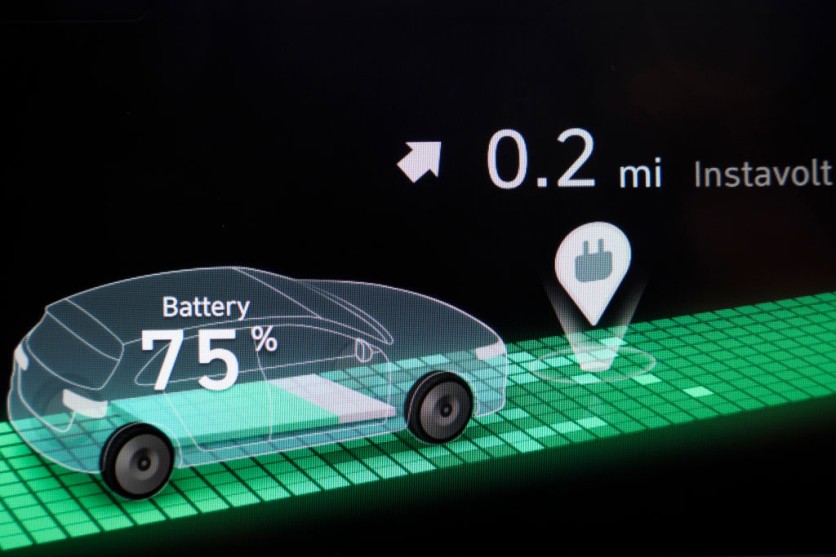Researchers at the US Department of Energy's Argonne National Laboratory and the University of Chicago are embarking on an innovative project to revolutionize electric vehicle (EV) charging.
With the increasing adoption of EVs, the challenge lies in efficiently managing their charging while minimizing strain on the power grid.

How Does Reinforcement Learning Works to Improve EV Charging?
To address this challenge, the team used reinforcement learning, a technique involving a combination of computational rewards and punishments, to train an algorithm.
This algorithm will be responsible for scheduling and managing the charging of a diverse fleet of EVs, making the process smarter, more cost-effective, and environmentally friendly.
The project's initial phase focused on vehicles being charged at Argonne's Smart Energy Plaza, which offers both regular and fast chargers. As employees typically do not require their vehicles during working hours, there is some flexibility in charging times.
The goal is to optimize charging schedules based on individual employees' departure times while considering peak grid demands, thus enabling efficient and low-cost charging solutions.
According to the team, one of the main concerns during peak charging times is the increased demand for power stations, leading to higher charges. Through reinforcement learning, the algorithm considers positive and negative outcomes from previous charging sessions, such as meeting desired charge levels or exceeding peak thresholds.
With this feedback, the algorithm is expected to make intelligent decisions on prioritizing which vehicles to charge at different times, minimizing grid strain and costs.
While the current focus is on Argonne's charging stations, the potential for expansion beyond the laboratory is significant. Home charging, for example, offers the flexibility of overnight charging, allowing for better distribution of charging loads.
Read Also : EV Home Charging Experience Satisfaction Decreases, Study Reveals Why Owners Are Frustrated
Holistic Approach to Smart Charging
The team acknowledged that true smart charging requires a holistic approach, considering all stakeholders in the ecosystem. That includes utility companies, charging station owners, and EV drivers or homeowners.
By understanding each group's unique needs and restrictions, the researchers aim to develop a charging solution that will benefit all parties involved.
Looking ahead, the project envisions a simulation of a much larger charging network, leveraging data collected from Argonne's chargers. This expansion will further refine the algorithm and its ability to optimize charging across various scenarios and locations.
Alongside their work on the algorithm, the team has introduced a mobile app called EVrest. Initially tailored for Argonne employees, this app enables users to book charging stations and engage in intelligent charge scheduling.
The data gathered through this platform will play a crucial role in training upcoming AI models, advancing charging management capabilities, and achieving a seamless integration of EVs with the power grid.
Related Article : #TechCEO: Stellantis CEO Carlos Tavares Wants to Meet Customers' Expectations by Electriying All Maserati Models





